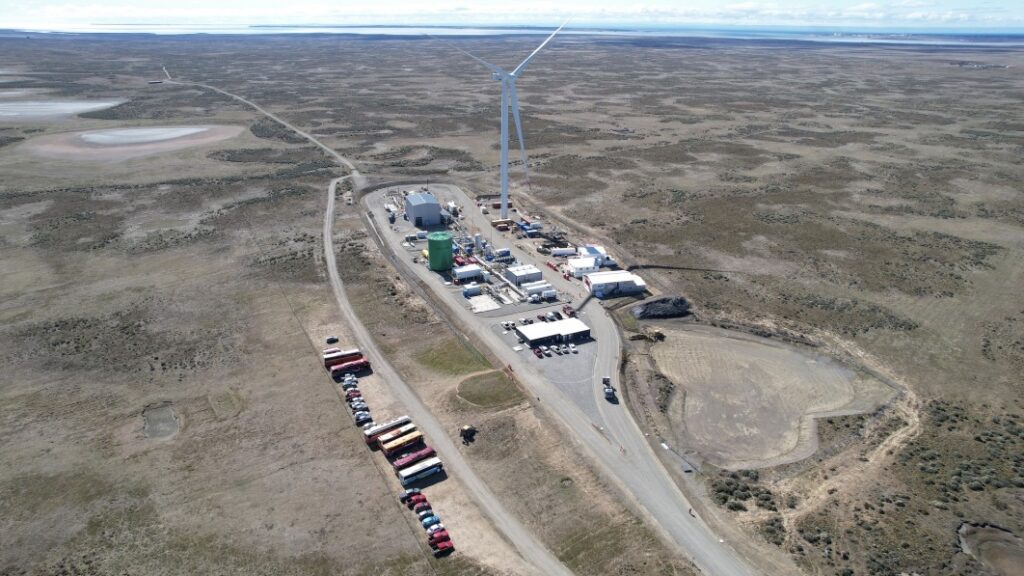Porsche highlights the merits of synthetic fuels

Germany stalled the European Union’s plan to ban the sale of cars powered by an internal-combustion engine in 2035. The nation argues that e-fuels can keep the piston-powered alive, and Porsche stands out as the carmaker that has done most of the heavily lifting to prove that this solution is viable; it notably operates an e-fuel plant in Chile. The company’s top executive explained why e-fuels make sense.
Speaking during a conference call, Porsche boss Oliver Blume clarified that his team doesn’t view synthetic fuels as a replacement for electric technology. “If the e-fuels are approved in the future, this will not change Porsche’s strategy. At present, we really back this ramp-up of electrification which we have started, and we now see the great potential of our electric drives. This is the right approach,” he told me.
What’s the deal with e-fuels, then? One possible use case is what Blume calls “niche models.” He stopped short of providing an example, but during the call he stressed that the 911 will retain its internal-combustion engine for as long as lawmakers allow it. If gasoline- and diesel-powered cars are outlawed in 2035 (in Europe, at least — it’s important to clarify that no such ban has been floated in the United States yet), it’s not unreasonable to assume that keeping a flat-six-powered 911 in production beyond that point will require relying on synthetic fuels.
It sounds like, in Porsche’s view, a small percentage of the cars sold new in Europe after 2035 will be manufactured with a synthetic-fuel-powered engine. We’re largely talking about high-end models such as the 911; folks in the market for, say, a city car will be stuck with an EV. However, new cars make up a small percentage of the cars on the road — even in a country like Germany. This is where the role of e-fuels becomes even more important. Blume singled out vintage cars. “I’m sure owners of such cars will be very happy that [this is offered].” This also partly explains why Porsche cares: the company previously pointed out that around 70% of the cars it has built are still on the road.
Beyond saving old and new flat-sixes, synthetic fuels can play a significant role in helping loosen some of the constraints associated with electric technology. “If you have e-fuels and can produce them in areas and regions where renewable energies are abundant, like Chile or desert regions, then there’s no reason whatsoever to argue against e-fuels. We’ve got heavy truck traffic and we’ve got air traffic. We’ve got freight traffic and ships. And, of course, we’ve got a high stock of used vehicles,” Blume explained during the call. And that’s just in Europe.
“In Europe, you might say that we’re electrifying cars very quickly because we’ve got the infrastructure. But, if you think of places like South America, Africa and India, then I’m sure things will not work out so quickly,” he noted. Unlike electricity, synthetic fuels can be transported fairly easily in liquid form, exactly like gasoline, and they can be distributed to drivers without giving the infrastructure a costly overhaul.
Cost nonetheless remains one of the hurdles the e-fuels need to clear before they can be considered a viable alternative to gasoline, diesel or electricity. The same incentives that have propped up the electric-car segment for over a decade could bring e-fuels to the mainstream.
“Incentives are necessary — incentives for many to invest in that area and bring costs substantially down so that by the end of this decade we have a real answer to our promise [of] e-fuels,” Blume opined. “There’s no conflict between electro-mobility and e-fuels,” he concluded.
Related video:



